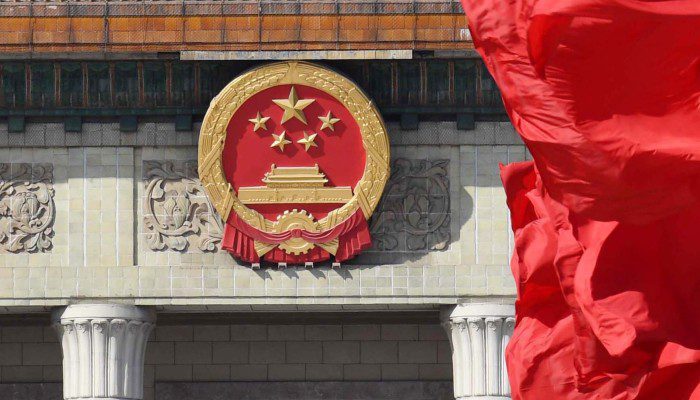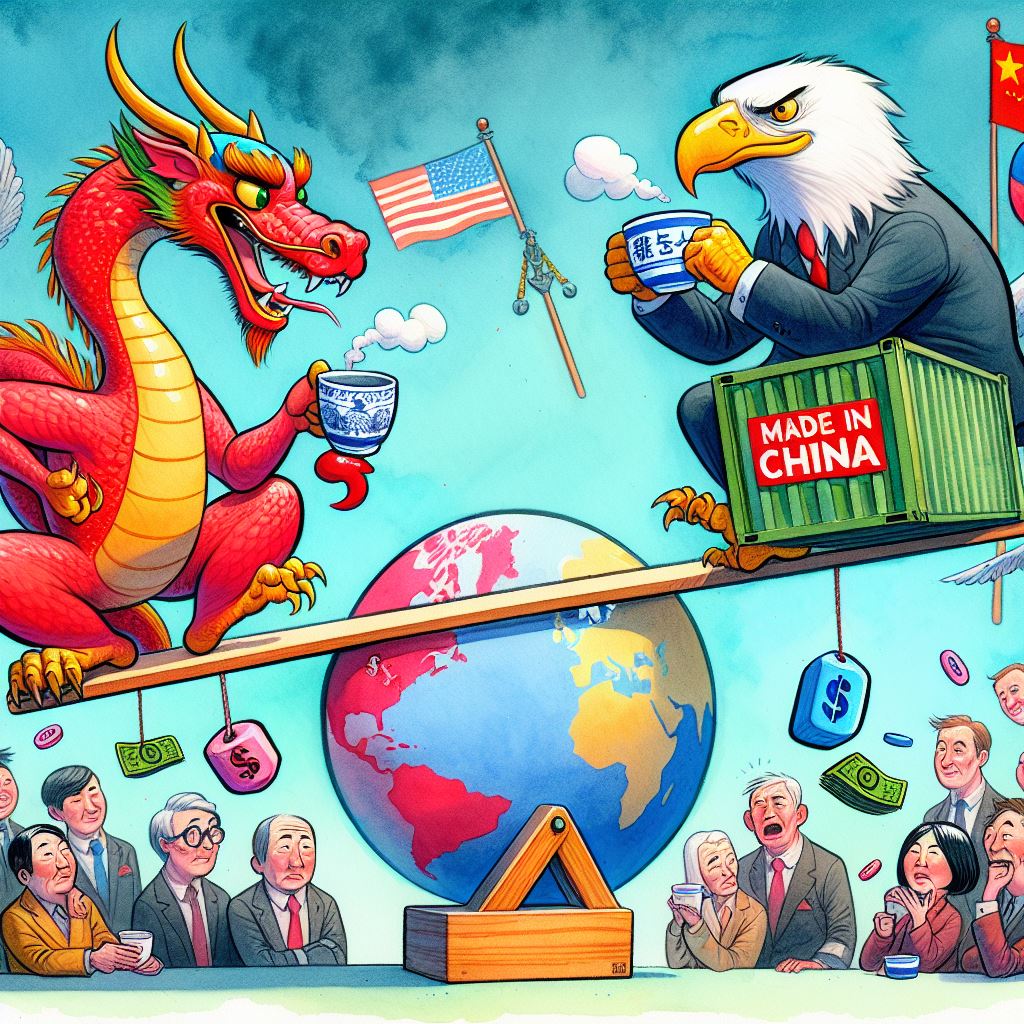The QFII or Qualified Foreign Institutional Investor (QFII) scheme is a major initiative of the Chinese government for opening up its financial market to the world. In 2002, China established the measures on QFII and since then, foreign investors could benefit from the Chinese stock market.
Have a look at our previous article on How can foreigners invest in the Chinese stock market?
Once with very limited market access, China has changed its outlook significantly and allowed for more foreign investors to invest in A-shares, bonds, securities, and more. It has also continuously opened foreign investments in its major industries. More recently, China has made major revisions to the QFII regulations in order to ease restrictions on its foreign capital market.
What is QFII?
The Chinese government established the QFII to provide licenses to foreigners to participate in China’s stock exchanges, particularly in Shanghai and Shenzhen. In other words, it is a channel to allow international investors to buy or sell Chinese stocks or yuan-dominated “A” shares of Chinese companies. On the other hand, China also established the RQFII or Renminbi Qualified Foreign Institutional Investor program which has offered fewer restrictions in terms of access. Participants under the QFII scheme cannot trade their foreign currency unless converted to RMB. However, those under RQII do not need to convert their foreign currency to RMB to invest in China’s domestic capital markets.
Foreign investors or companies in China also utilize the QFII program to repatriate their investments out of China with no more limitations. In the past, foreign institutions could only repatriate 20 percent of the investments under the QFII.
Quota restrictions for stock investing and related regulations
The QFII program initially offered a quota of USD30 million in 2007 and it gradually increased throughout the years. By 2020, China’s State Administration of Foreign Exchange (SAFE) has had eliminated the quota limits under the QFII and RQFII programs. Thus, foreign investors need only to choose the channels (QFII or RQFII) in which they want to invest. At the same time, SAFE and the People’s Bank of China (PBoC) announced the integration of domestic and foreign currencies, allowing qualified investors to freely choose the currency and timing of their inward remittance. Other changes that took effect since June 2020 include:
- Simplifying procedures for the repatriation of securities investment income;
- Removing the limit for the number of the allowable domestic custodian;
- Improving the foreign exchange and investment management risk requirements; and
- Strengthening of PBoC and SAFE’s ongoing and ex-post supervision.
Major revisions to the QFII program
From November 2020, China has merged the QFII and RQFII programs, allowing for a one-time eligibility application status. Those with an existing license for both schemes may consolidate and restructure their license holding entities through non-trade transfers.
The PBoC, SAFE, and China Securities Regulatory Commission (CSRC) also issued a new approval period of 10 business days instead of 20 days. Furthermore, applicants may not need to submit other documentation requests such as a comprehensive application report and an investment plan with an online application form. The issuing government bodies have also amended the eligibility requirements by cutting some quantitative criteria such as related to assets.
Expanding the investment scope for QFII
Previously, investors under QFII/RQFII could only invest in A-shares, bonds, public securities investment funds, and stock index futures. But in order to expand foreign exchange hedging, the investment scope for QFII/RQFII expanded to the following:
- Securities listed in National Equities Exchange and Quotations (more widely known as NEEQ or New Third Board);
- Financial futures listed on China Financial Futures Exchange;
- Commodity futures and options traded on futures exchanges;
- Depositary receipt;
- PBoC-approved bond, currency, and interest rate derivatives traded in the interbank market that are approved by the PBOC;
- Bond repurchase agreements; and
- Asset-backed securities.
In addition, hedge fund managers and all other types of asset managers are now allowed to invest under the QFII/RQFII schemes. License-holders are also permitted to invest in private securities investment funds following the above list of permissible investments.
STAR MARKET investing via QFII channel
Shanghai’s STAR market refers to the new stock exchange market dedicated to China’s technology sector. Hence, international investors can buy and sell stocks in the STAR market through the QFII channel.
This year, the STAR market is added to Hong Kong Stock Exchange Stock Connect program, making it possible for mainland China and Hong Kong investors to buy and sell shares in each other’s market. Previously, foreign investors could only invest in the STAR market via the QFII channel after obtaining a license from the CSRC.
Since February, foreign investors could avail of 12 stocks in the STAR market through the Hong Kong Stock Exchange Stock Connect Program. This only proves China’s intention to further liberalize its financial markets and attract more global investors.
Conclusion
The improvements made for the QFII scheme will facilitate a more stable flow of foreign investments. Moreover, this is a clear sign of China’s resolute action to ease the regulations for its onshore markets and meet the needs of international investors.
Contact us
S.J. Grand provides advisory on setting up a business in China. We put our competent team at your service to give you the most effective China market entry, investing, and tax optimization strategy. Contact us to get you started.
Moreover, we have been at the forefront of promoting full automation of business operations, especially for startups and SMEs. We have introduced our Cloud-based advanced solution, Kwikdroid, to make business transactions easier with us, no matter what type or size of the company. Visit our Kwikdroid page to learn more about the services we offer.
You may be interested to read about how to manage your company remotely using the advantages of Kwikdroid. Check it out!







